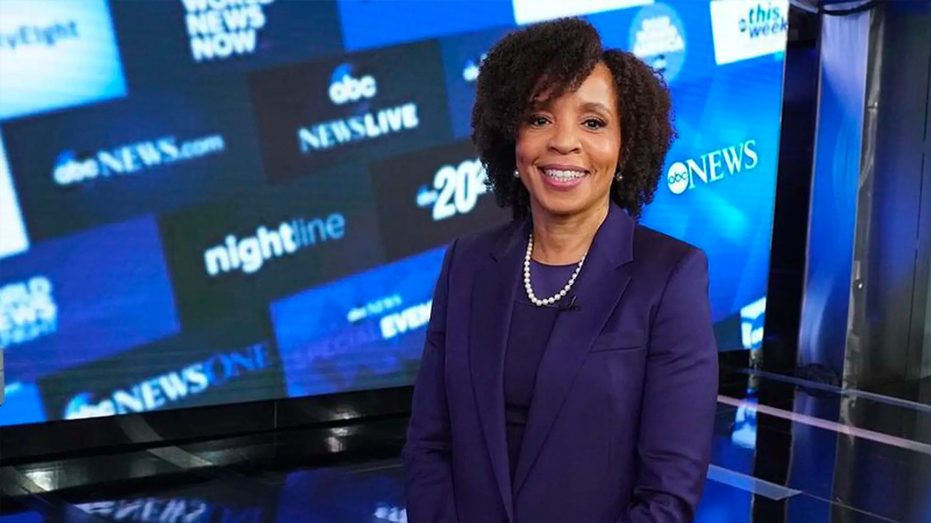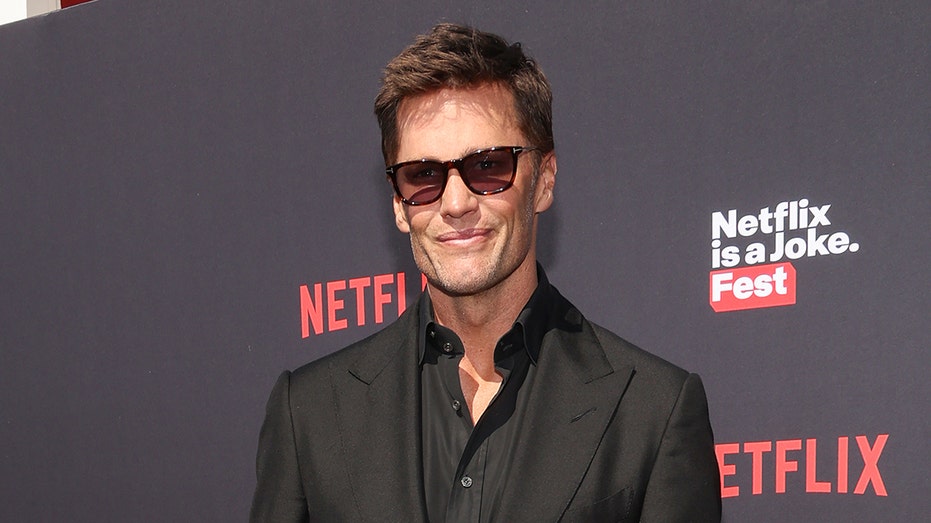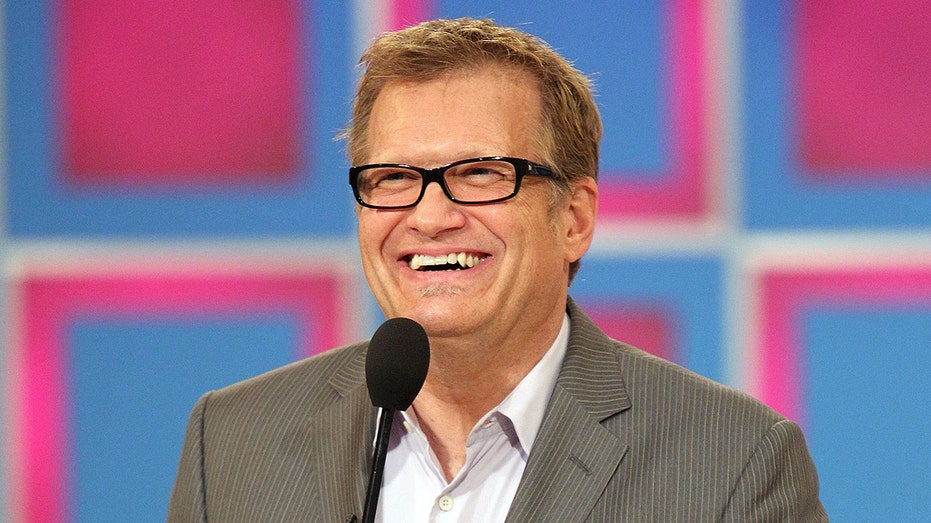The 1974 suspense thriller smartly predicted the increasing importance of technology and lack of privacy in our lives
In the 50 years since Francis Ford Coppola’s The Conversation was released in theaters, the evolution of technology and the devolution of political culture have combined to make it seem both prescient and quaint. The film’s hero, Harry Caul, fears the future his job as a professional wiretapper helps to create, one in which surveillance threatens to encroach on everyday life and anti-government paranoia runs so rampant that truth seem as graspable as sand through your fingers. What would Harry make of a world where small cameras are ubiquitous in public spaces and people voluntarily give away information about themselves on social media or ice cream apps?
Consider Harry’s 44th birthday, which he celebrates by changing his mailing address to a PO Box and breaking up with a sometime girlfriend he’d been seeing under an alias. As played with devastating sadness by Gene Hackman, Harry is such a legend in the surveillance business that colleagues beg him to appear next to the latest gizmo at their convention booths, but he behaves as if someone like him is tracking his every move – which, as it happens, isn’t that ridiculous a thought. He yearns for intimacy but shrinks from even the most basic questions about his private life. His landlord leaving him a bottle of wine for his birthday is a full-blown security crisis – how did she get past the alarm? Why does she have a key? – and innocent queries from his lover (Teri Garr) about whether he lives alone and what he does for money are like the Spanish Inquisition.





